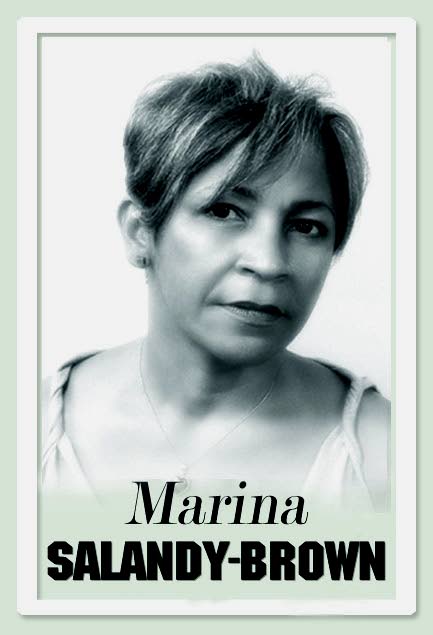May the best candidates win

Tomorrow we face the polls to decide which political party will run this country for the next five years. It is an important day in the lives of every citizen because we get a chance to decide our future.
Every five years I return to the theme of doing one’s civic duty, simply because voting is not just a right which many gave up their lives to achieve, it is a duty to exercise that right. I think back to the days when ordinary people, women, poor and under-educated citizens had no say in who ran their country and how they did it, and I lament the luxury we enjoy now of people saying, for a myriad of very lame reasons, that they can’t be bothered to vote.
We only got universal suffrage in 1945 in TT, a mere 75 years ago, which means that some people alive now would not have been able to vote when they were young.
Maybe that’s why older people are more prepared to get their fingers stained red and feel very proud of it. I wonder. if we were to withdraw that right of self-determination. whether younger people would value the power of the vote more.
When the ordinary man and woman did have a chance to exercise the right to vote for the first time in TT in 1946, only nine seats in the then Legislative Assembly were up for grabs, then 18 seats at the next election in 1950.
When Dr Eric Williams founded the People’s National Movement in 1955 and contested the general election of 1956, winning 13 seats, there were only 24 seats at stake.
For the last few elections the parties have been contesting 41 seats, more than three times as many as where we started.
It gives us a supreme chance to easily say yes or no to what the parties propose, yet voter turnout is consistently too low to guarantee a healthy democracy.
It cannot be that voters are lazy or totally ignorant of what is at stake, so it must be that they feel alienated from politics, politicians and/or the electoral process.
Starting with politics and politicians, the lack of trust in both is perhaps the most disturbing feature of the situation we find ourselves in.
It is not peculiar to us, which makes it even more worrying generally, but I am encouraged by the falling age of the average contenders for political office in TT.
I am less impressed, in general, by their credentials, however. Other voters are too and they have been making their displeasure felt. If they fail to turn up to vote as a result, that would be a negative, but the electorate should consider that they have the opportunity for some tactical voting, and a further exercise of electoral power. I think they should be encouraged, since it sends a message to, at least, our very dominant parties that they do not own voters, and nor should they take their support for granted.
A July NACTA poll revealed that many voters feel underserved by politicians, using words such as “neglect” and “abandonment” in relation to their elected parliamentary representatives. It reinforces the profoundly held, and not very helpful, belief that politicians enter politics only out of self interest and in order to steal from the national coffers.
It possibly is wishful thinking, however, that voters would vote parties out even if their MPs have repeatedly failed them, since they have proven repeatedly that they are for the most part tribal and stick to colours – racial and party – rather than ideas.
In the past we have had parties such as the NAR and COP and even the UNC make inroads into two-party rule, but this time around there is no realistic third party to knock the UNC and PNM off their government and opposition perches, according to the NACTA poll.
The big question now is which of the two major parties will win tomorrow and why?
Allan Lichtman, the US professor who successfully predicted the results of all the US presidential elections since Ronald Reagan in the 1980s, says that despite appearances, the electorate is not unthinking, and people vote based on certain key criteria.
The incumbent party always has the advantage, but its performance in relation to the economy, foreign policy, the style and personality of the leader as well as the person s/he’s up against, the absence of social unrest, political scandals and of internal party strife are the main factors. To that we must add crime and the handling of major national crises, such as the pandemic.
We don’t want a weak government, but I would like to see some of the 150 or so candidates from a range of parties and also running as independents win a few marginal seats and get some much-needed variety of opinion in the next Parliament.
Abraham Lincoln said, “The best way to predict the future is to choose it.”
Let’s do it tomorrow.


Comments
"May the best candidates win"